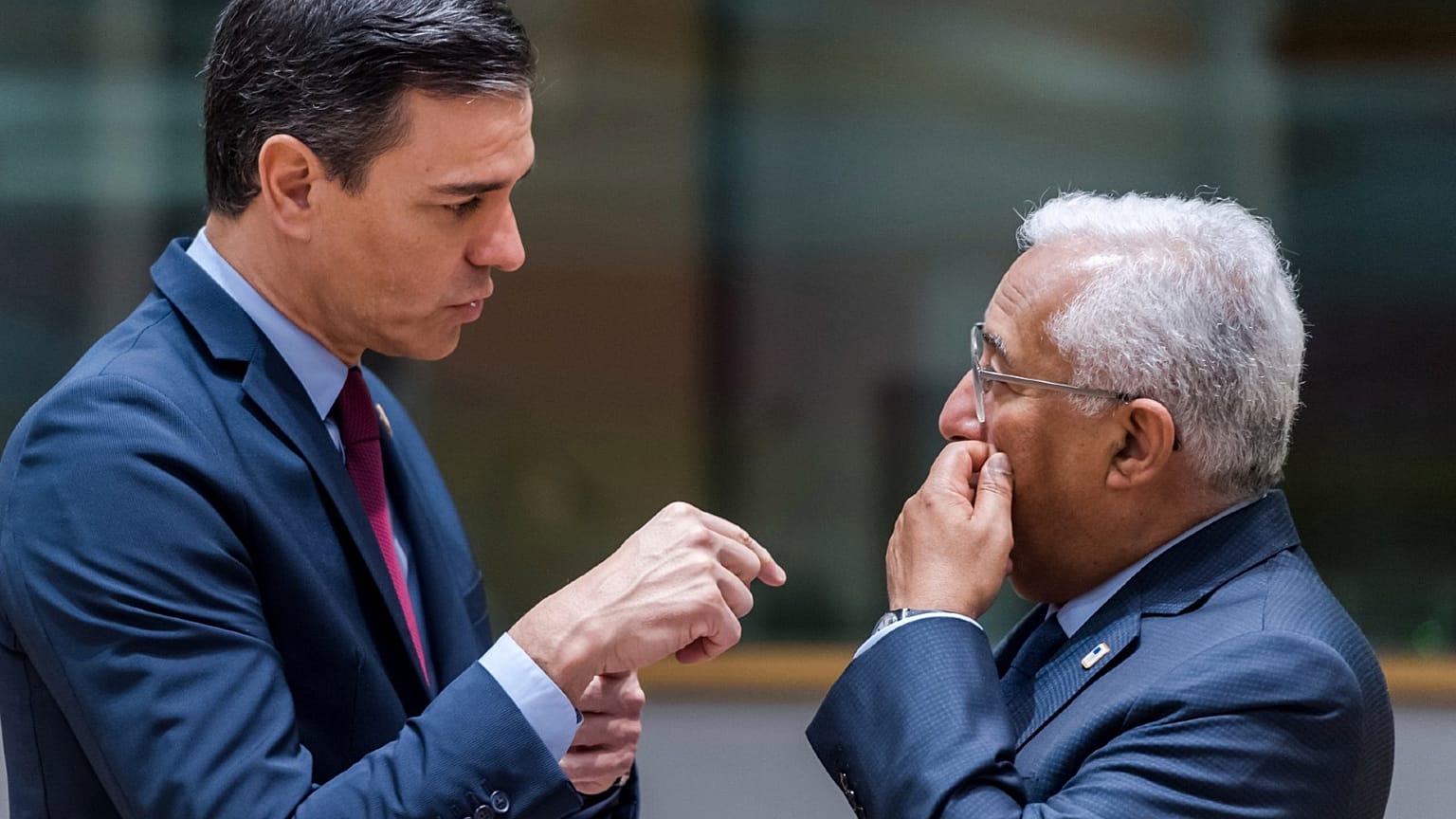The political agreement should result in electricity bills being temporarily halved for about 40% of Spanish and Portuguese consumers with regulated rates.
The European Commission gave its approval on Tuesday for an Iberian exception allowing Spain and Portugal to decouple the price of gas from that of electricity for the next 12 months.
 ADVERTISEMENT
ADVERTISEMENT
 ADVERTISEMENT
ADVERTISEMENT
The political agreement enables the creation of a temporary mechanism that will cap the price of gas to an average of €50 per megawatt-hour which should result in electricity bills being halved for about 40% of Spanish and Portuguese consumers with regulated rates.
Spain's Ecological Transition and the Demographic Challenge that "all consumers will benefit from this agreement" and that "the Commission has committed to working actively to increase the interconnection of the Iberian Peninsula with the rest of Europe."
The Spanish and Portuguese governments — both led by Socialist prime ministers — had been calling on Brussels since last summer to implement measures to reduce electricity prices which have skyrocketed as a result of increased demand for natural gas, supply chain issues and geopolitical tensions including the war in Ukraine.
EU member states trade electricity on a wholesale market based on a system of marginal pricing which in practice means that everybody gets the same price for the electricity they are producing regardless of how that electricity is produced — renewables are produced at near-zero cost. The price is then set by the most expensive way of producing electricity.
The Commission argues that "this model provides efficiency, transparency and incentives to keep costs as low as possible."
Yet Madrid and Lisbon had argued the Iberian peninsula should be allowed to cap prices to a maximum of €30 ($33) per megawatt hour because of their low interconnection with the rest of the bloc, describing themselves as an "energy island". The two countries also have a much lower dependence on Russian gas — they primarily import from Algeria — as well as high renewable generation.
The announcement on Tuesday comes after EU leaders agreed at their last Council summit in late March for the Commission to "urgently assess the compatibility of emergency temporary measures in the electricity market notified by Member States, including to mitigate the impact of fossil fuel prices in electricity production."














